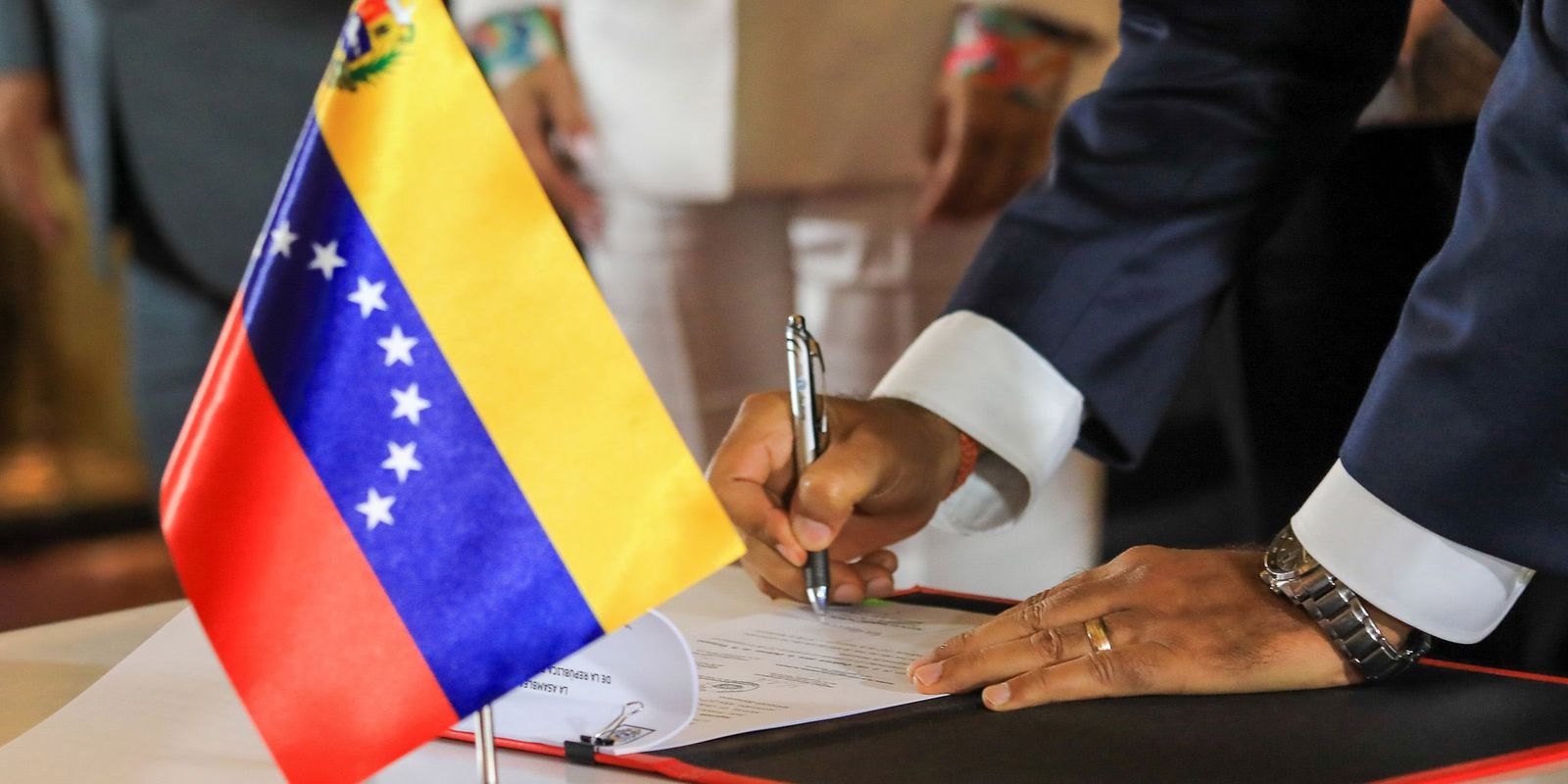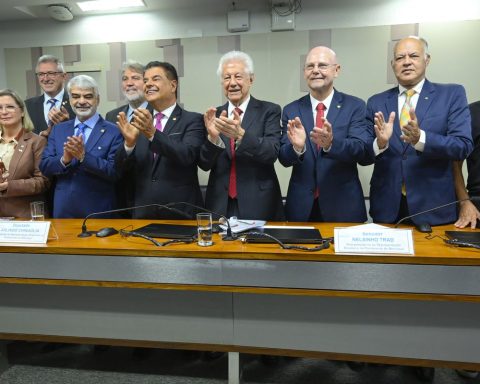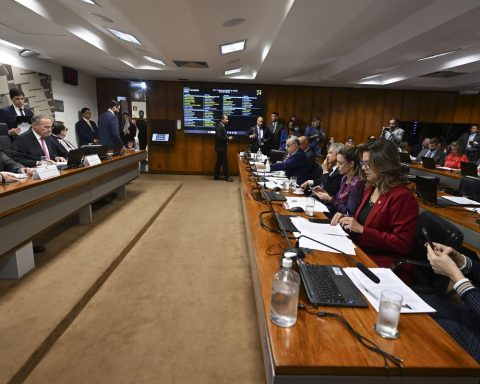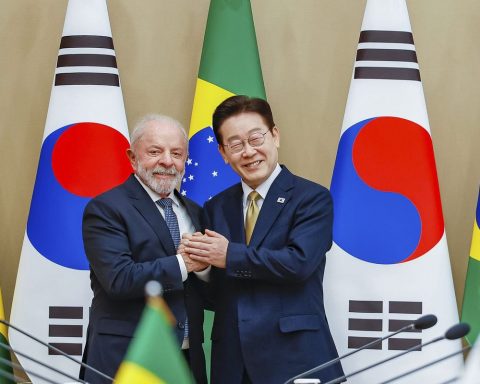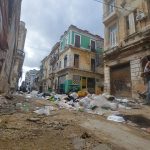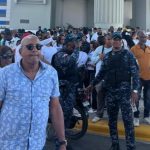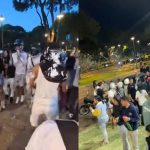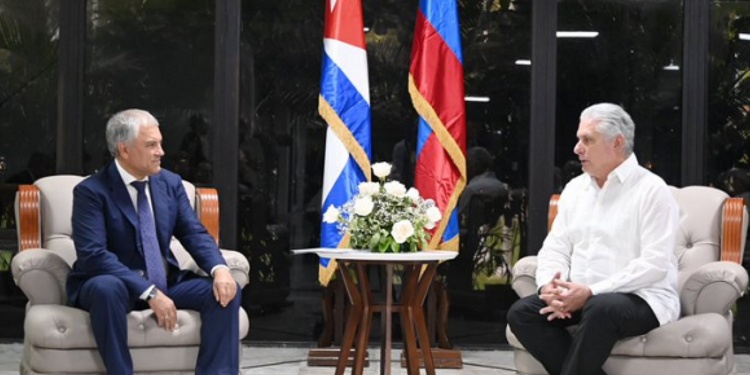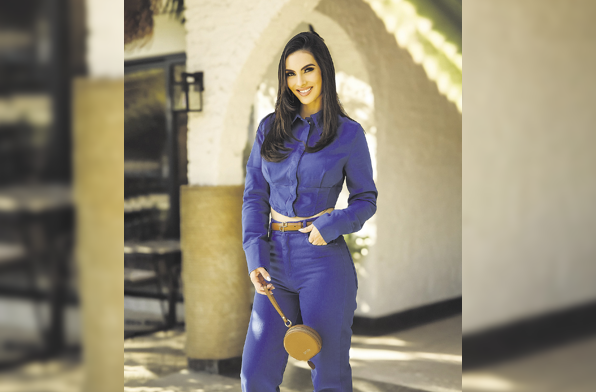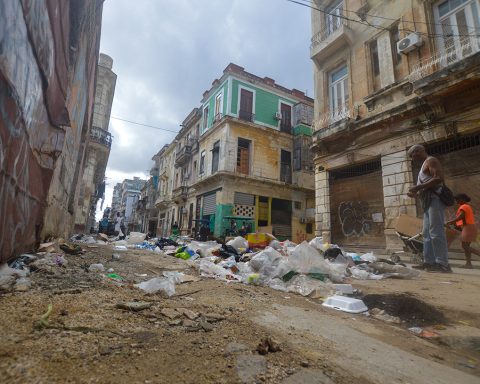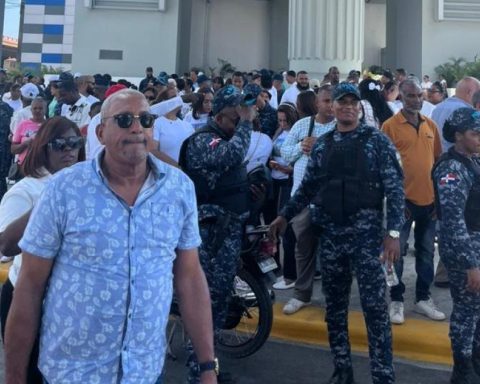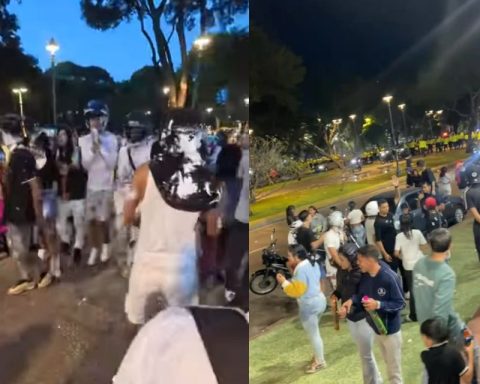Venezuelan polls are divided on the outcome of the presidential election scheduled for next Sunday (28). While some polls give the victory by a wide margin to the main opposition candidate, Edmundo González Urrutia, other surveys point to a victory for current president Nicolás Maduro, also with a comfortable margin.
Research institutes such as Datincorp, Delphos and Meganálisis, among others, have given victory to the opposition candidate Edmundo, from the Democratic Unity Roundtable (MUD), supported by politician María Corina Machado. She was considered the opposition’s favorite after winning the primaries, but her candidacy was vetoed due to judicial convictions.
Research by the Center for Measurement and Interpretation of Statistical Data (Cmide), Hinterlaces and Internacional Consulting Services (ICS), among other studies, indicates that Nicolás Maduro should be reelected for a third term, according to Telesur, the country’s state-owned media outlet.
Venezuelan sociologist, political economist and analyst Luis Salas highlighted Brazil Agency that electoral polls in Venezuela historically favor the opposition vote.
“Historically, since Chavismo came to power, polls have always overvalued the opposition vote. Since Chávez was president, and then Maduro, the main polling institutes have been wrong and favored the opposition vote,” said the analyst.
Expert Carmen Beatriz Fernández, director of DataStrategia, a company that works with measuring public opinion to conduct political campaigns, warned about the problems of measuring votes in Venezuela.
“Why do electoral polls fail? Basically for three reasons: because of the volatility of the electorate; because of methodological flaws and because they are not polls, but rather pseudo-polls designed to misinform and be used as propaganda,” he highlighted on a social network.
Venezuelan Francisco Rodriguez, a professor at the University of Denver in the United States, reinforced the lack of confidence in the country’s polls. According to him, since 2017, seven research institutes have been overvaluing the opposition vote.
“These same surveys overestimated the opposition vote, on average, over the last 10 years, by 27.8%. If we correct this bias, we would have a virtual technical tie [entre Maduro e Edmundo González]”, said the scholar of Venezuelan reality on a social network.
Elections in Venezuela
Owner of the largest proven oil reserves on the planet, Venezuela goes to the polls next Sunday, when around 21 million people are expected to elect the next president, who will govern the South American country between 2025 and 2031. President Nicolas Maduro, in power since 2013, faces nine competitors at the polls.
This is the first election since 2015 in which the entire opposition has agreed to participate in the election. Since 2017, the main opposition parties have been boycotting national elections.
Venezuela has faced a financial and commercial blockade since at least 2017, when powers such as the United States, Canada, the United Kingdom and the European Union began to not recognize the legitimacy of the Maduro government.
The neighboring country also went through a serious economic crisis during the period, with hyperinflation and a loss of around 75% of GDP, which resulted in a migration of more than 7 million of people.
Since mid-2021, the country has been showing some economic recovery. Hyperinflation was defeated and the economy returned to growth in 2022 and 2023, but wages remain low and public services deteriorated.
Since 2022, the economic embargo has been partially relaxed and an agreement between the opposition and the government was signed for this year’s elections. However, reports of arrests of opponents in recent days and refusals to sign an agreement to respect the election results by some opposition candidates, including the favorite Edmundo González, cast doubt on the day after the vote.
